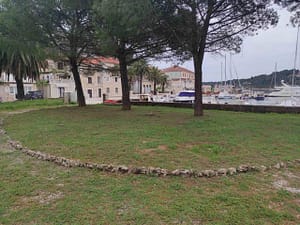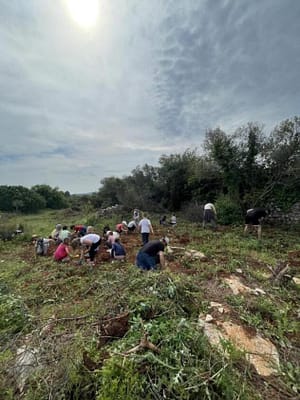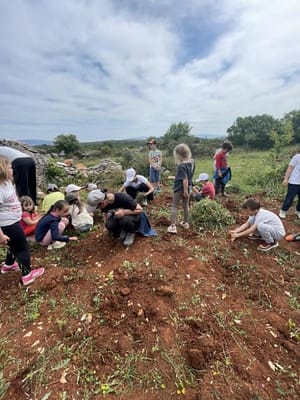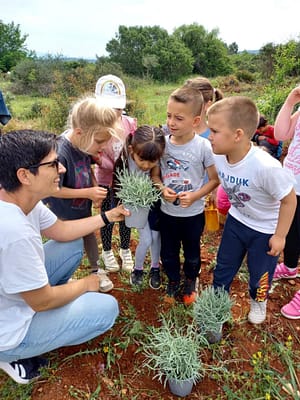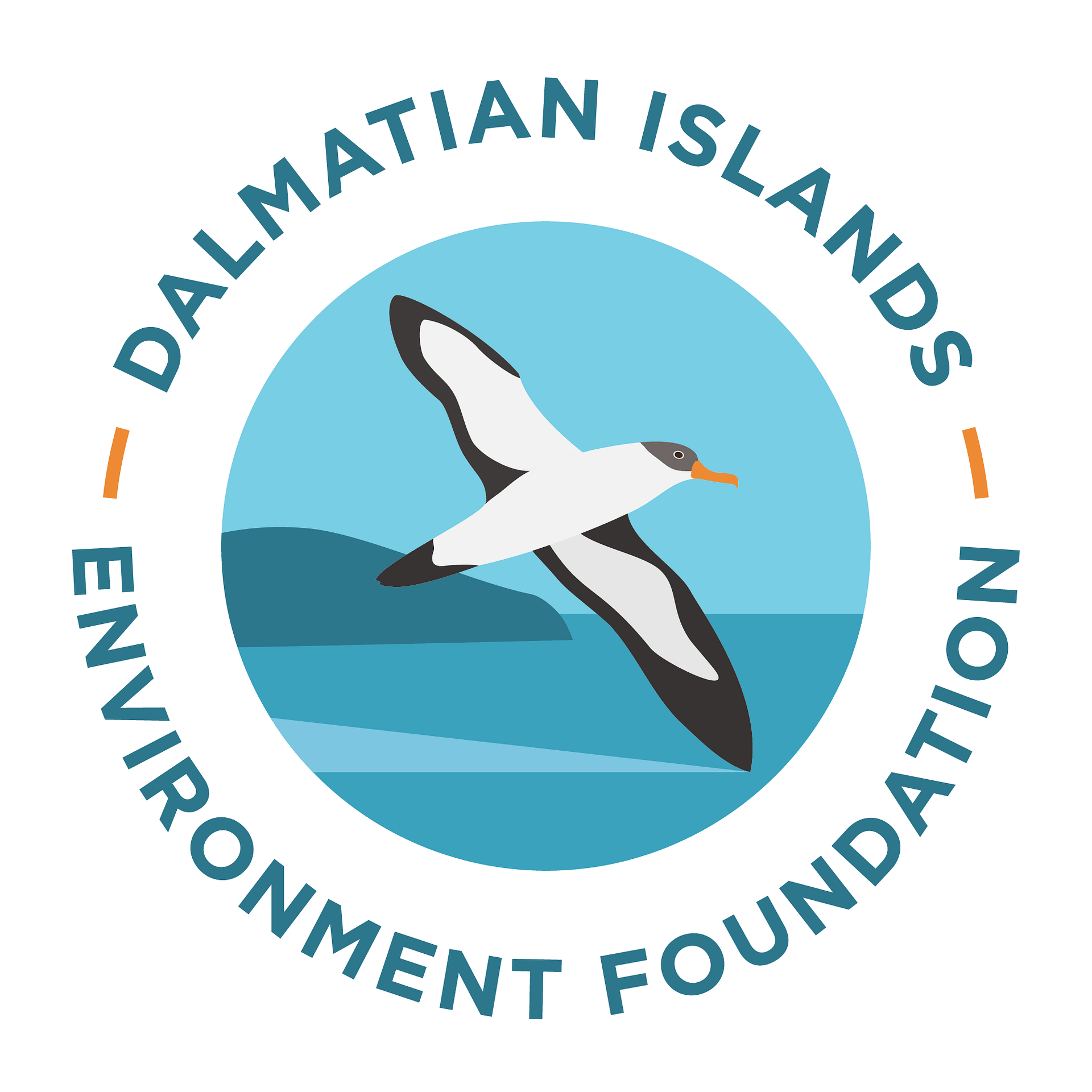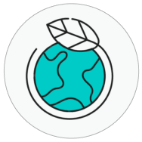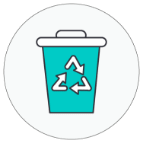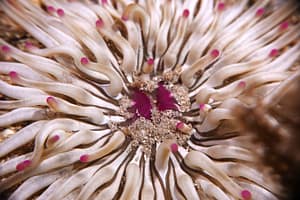
Grants
Sustainable Development & Resource Management
Circular Bio-waste Management for Kindergartens (Moj Škoj Association)
-
People having a greater appreciation of the natural world
-
Government, public institutions, and the media acting in ways that support the natural world
-
Changes in public behaviour to better preserve, protect and regenerate the natural world
-
Reduced waste and improved waste management
€5.775 awarded
Project duration: 06/2023 – 09/2023
Status: COMPLETED
The Challenge
The utility companies on island Hvar have yet to implement bio waste collection or compost production, leading to the majority of bio waste being sent to landfills instead. Traditional agricultural practices and composting techniques have dwindled due to tourist expansion and modernization, resulting in increased methane production from bio waste decomposition in landfills.
The Solution
Project aims to contribute a solution for bio waste produced in three kindergartens on island Hvar. Four kindergartens in the project area will be equipped with electric composters that produce compost within 24 h. Kindergartens have their own garden in which they’re planning to plant local Mediterranean plants and use produced compost to improve soil fertility all year long. Kindergarten attendees and employees will be educated on benefits of planting local plants and effect of the chosen plants on water usage. They will also be educated on the topic of bio waste management and will be participating in planting and compost using.
Project Deliverables
- A workshop will be organized to set up a portion of the kindergarten’s garden for planting and sowing.
- In an upcoming educational workshop, the benefits of local Mediterranean plants and their impact on water usage will be explored. Previous garden plantings included educational sessions on plant selection tailored to Hvar’s sunny and dry climate. Indigenous Mediterranean plants such as rosemary, strawberry tree, fig tree, lavender, pomegranate tree, and mastic tree were chosen for their ability to thrive in dry conditions and endure long summer dry spells.
- The three kindergartens will receive Oklin electric composters to be set up and operated, with attendees educated on their usage. Compost produced will be utilized in planting zones established during the project, forming part of an ongoing initiative by Moj Škoj.
Insight into the Organisation
Moj Škoj NGO, established in 2021, emerged as an extension of prior community workshops and cleaning initiatives on Hvar. Recognizing the potential for broader impact, the NGO was formed to address sustainability challenges island-wide. By actively collaborating with local stakeholders, including municipalities, schools, and kindergartens, Moj Škoj strives to implement practical solutions for a more sustainable way of life. Their inaugural project, “Bio Balls,” engaged 700 children from across the island in producing 15,000 clay-based balls to clean pollution from the sea. Subsequent initiatives include “True Blue,” a partnership aimed at repurposing plastic waste for souvenir and urban equipment production, and “Mlodi za For,” a participatory budgeting project for Hvar’s youth. With a commitment to tangible problem-solving, Moj Škoj continues to drive positive change in their community.
Jelsa Tourist board was founded in 1995 as a public body. Its work focuses on improving general conditions for tourists during their stay, promoting local products from the Council region to tourists, also raising awareness of the importance of the economic, social and other effects of tourism, together with the importance of preserving and advancing all the elements of the area’s tourist assets, especially in terms of environmental protection.
